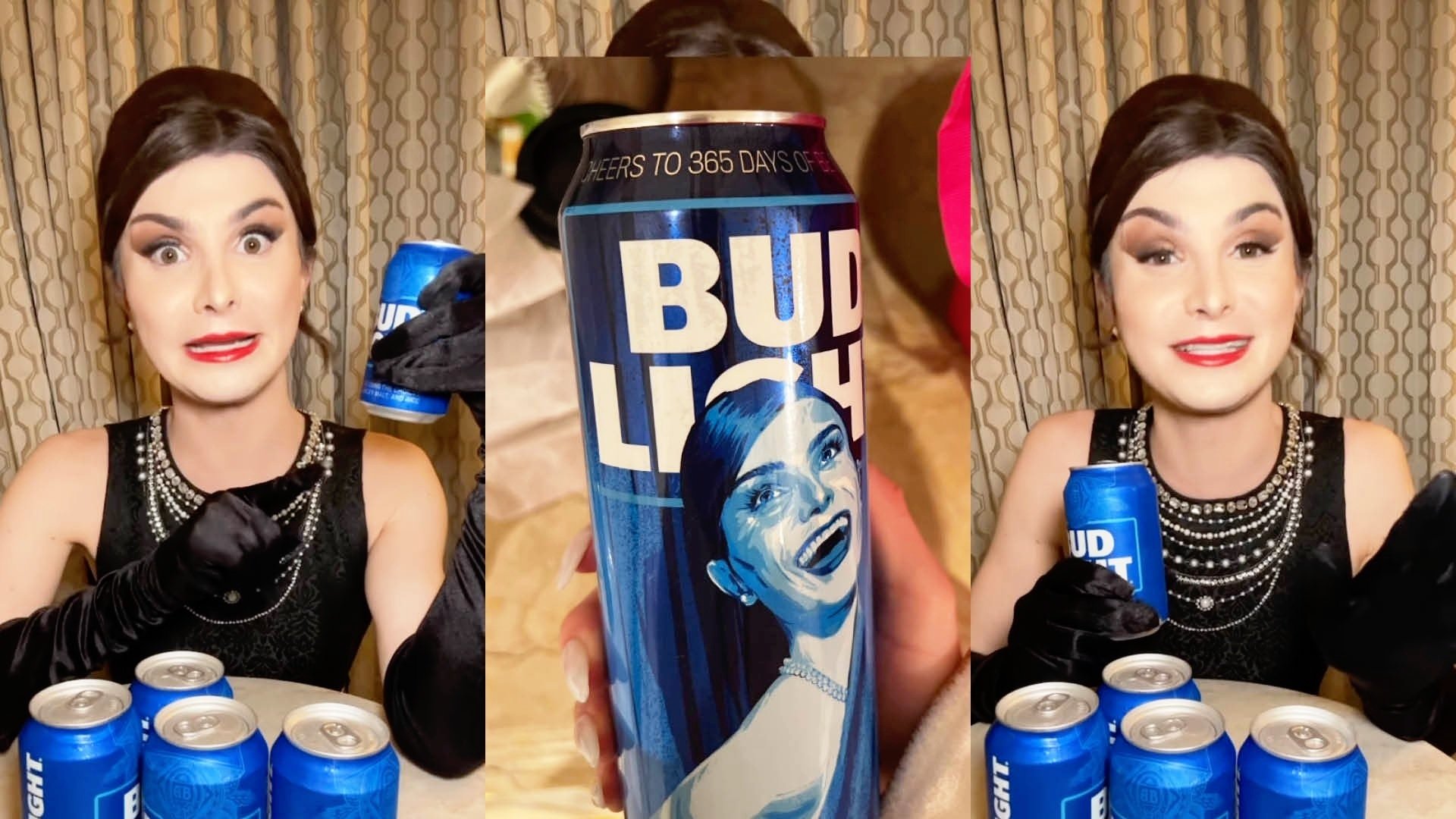Why Brands Must Stay Consistent With Their Brand Story
Today’s consumers are savvier than any in history. They base their decisions not just on the brand’s quality and cost but also on its values and brand story. Surveys have shown that consumers want a brand to take a stand on the various political and social issues that are confronting our nation. Yet if a brand strays from its perceived values, consumer outrage will be intense.
That is why the recent decisions by Nike and Anheuser Busch’s Bud Light to partner with transgender influencer Dylan Mulvaney have produced different results and an epic brand fail for Bud Light. Mulvaney is an actor and comedian who has been documenting her transition across social media and even scored an interview with Joe Biden.
Nike is using Mulvaney in marketing campaigns to promote women’s clothes, particularly their women’s sports bras. Conservatives as expected lashed out at the announcement. Yet Nike doubled down on its commitment on social media asking customers, “"Be kind, be inclusive … Encourage each other.” Despite calls to boycott Nike, the brand seems in good shape and reported a boost in sales after the controversy started.
A major reason that Nike is weathering the attacks from the right, is that the Mulvaney partnership fits into the brand story and values that consumers associate with Nike. The brand has long been seen as having progressive values, particularly because of its partnership with Colin Kaepernick. Most consumers did not see anything inconsistent with the Nike partnership with Mulvaney. In fact, the brand has fended off conservative outrage in the past.
Anheuser Busch announced a partnership with Mulvaney last week also. The partnership was Mulvaney dressed as Audrey Hepburn from “Breakfast at Tiffanys” sharing a sponsored post promoting Bud Light’s March Madness. Mulvaney also appeared on a can of Bud Light. Kid Rock posted a video of himself shooting cans of Bud Light. Country singer Travis Tritt announced that he would no longer allow Anheuser Busch beers to be sold at his venues. Busch beer distributors were reported to be fearing a massive consumer backlash. To compound the problem, the person behind Bud Light’s marketing claimed the partnership was aimed at broadening Bud Light’s consumer base among upper income young women. Bud Light seemed totally unprepared for any backlash and did nothing on social media to explain its partnership.
For Bud Light, the move has been an epic failure. First the partnership went against the brand’s perceived values and story. Even worse claiming that the partnership was designed to reach a new audience sounded ham-handed as the market Bud Light claimed it was aiming for is not one that would be responsive with or without Mulvaney.
The lesson of these two brand stories is stay consistent to your story. Failure to do so will result in incalculable damage and be an epic brand fail.


